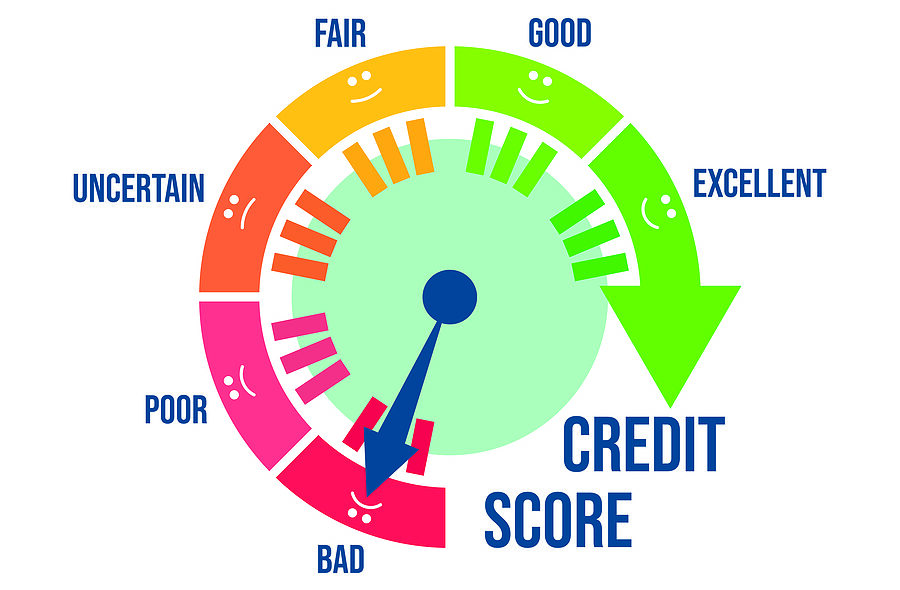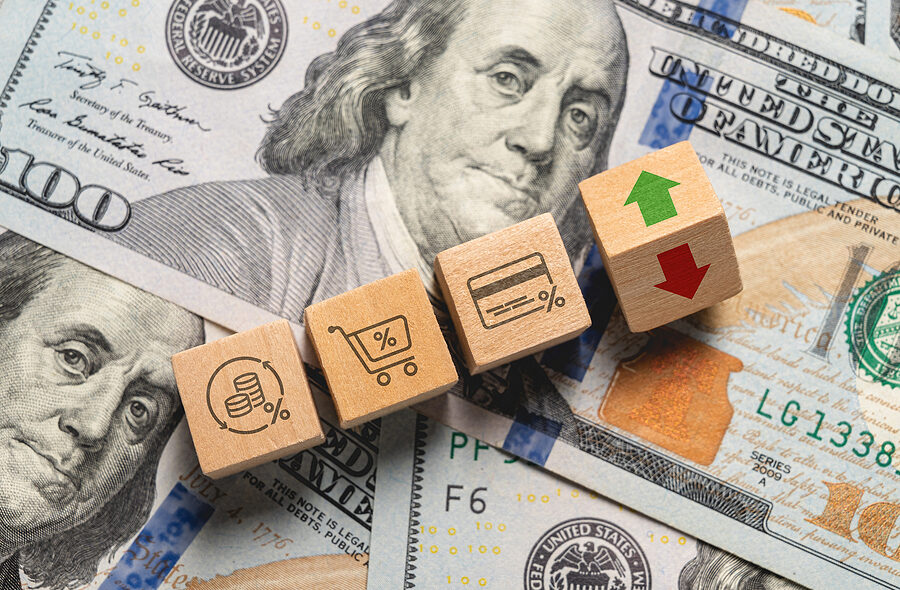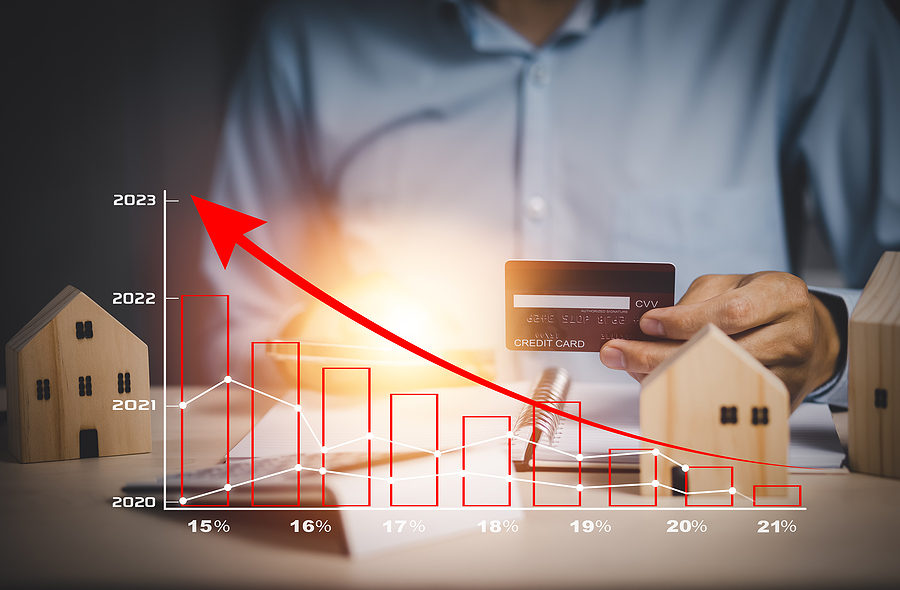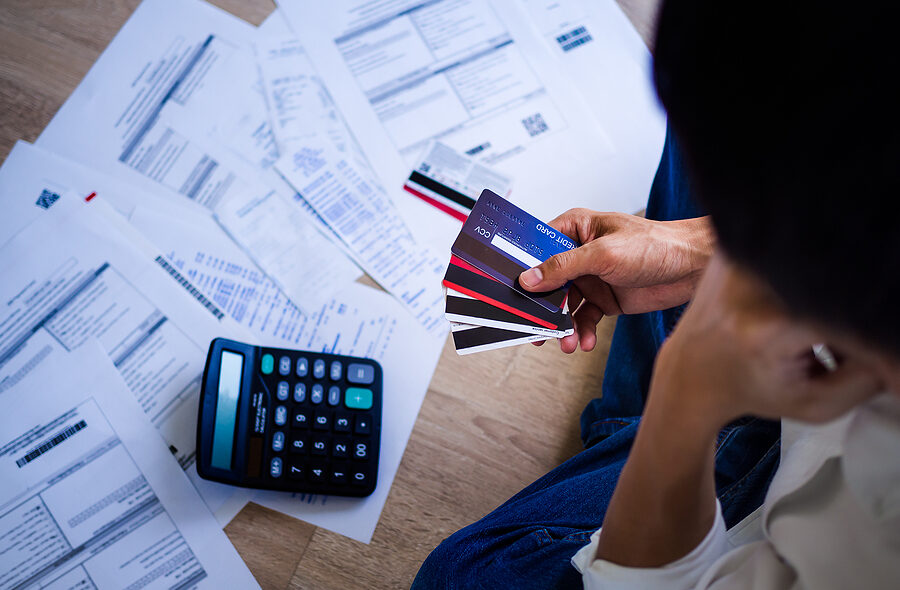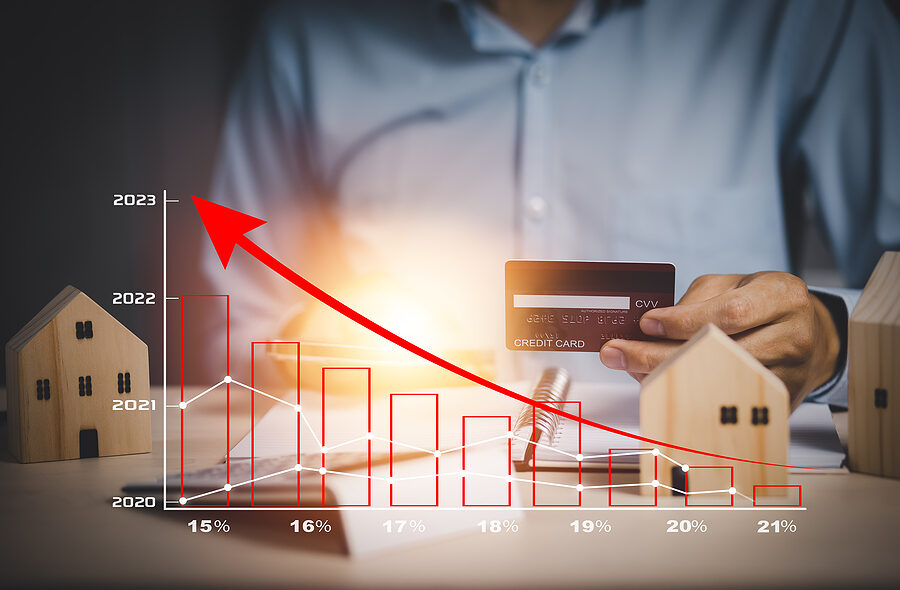Credit card spending among American consumers has hit a high of $1.2 trillion with $116 billion of this balance added during 2023 alone. Some areas of the country are adding to this debt balance more than others with California, Texas, and Florida being at the top of the list.
WalletHub recently conducted a study of all 50 states, using data reported from TransUnion and the Federal Reserve, adjusted for inflation. They found that certain areas of the country have been contributing significantly to the current national credit card debt while others have been contributing significantly less.




